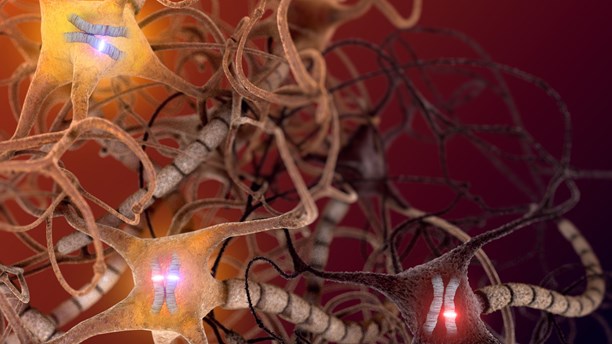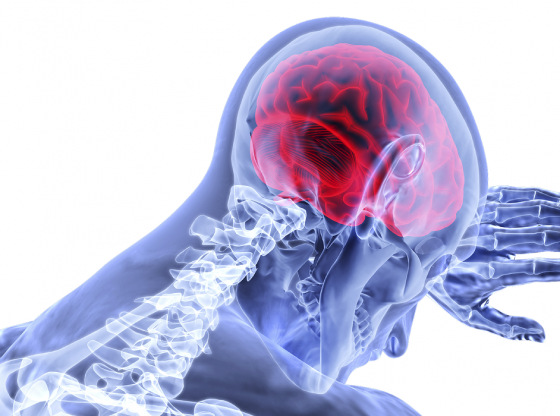If it’s your mother’s or father’s genes that are expressed can vary greatly over time, especially in young brains, according to a study published in the epigenetics-journal Neuron.

Epigenetics simply means that genes can be turned on and off, and that this change can be inherited. Epigenetic changes modify the activation of certain genes, but not the genetic code sequence of DNA. Instead, the microstructure (not code) of DNA itself or the associated chromatin proteins can be modified, causing activation or silencing.
In this study, scientists based at the University of Utah School of Medicine studied how epigenetics impact the brain of mice and monkeys. Science has yet to show how it works in humans.
The researchers observed that the genes that are activated and switched off, may vary with time in the same individual. For a certain time, genes inherited from the mother were expressed stronger. At another time, genes inherited from the father were expressed instead. This expression also appears to vary between different cells.
This means that a cell inherited from the father’s side can be silenced, for the benefit of the mother, and vice versa.
The picture above shows how the very brightest neuron has the blue healthy gene from the father’s side turned on. On the middle neuron, both the mutated gene from the mother and the healthy from the father are enabled. In the darkest depicted neuron, only the mutant from the mother, which carries a risk of disease, is turned on.
The researchers believe that the reason that mental illness might occur may be due to healthy genes suddenly being silenced, for another unhealthy gene to be expressed instead, and thereby increase the risk of mental illness.
The reserach team are now focused on further understanding how the differences in parental gene expression may shape brain functions and affect the risk of mental disease.
Reference:
Wei-Chao Huang et al “Diverse Non-genetic, Allele-Specific Expression Effects Shape Genetic Architecture at the Cellular Level in the Mammalian Brain” Neuron 24 Feb 2017, http://dx.doi.org/10.1016/j.neuron.2017.01.033











![OpenAI. (2025). ChatGPT [Large language model]. https://chatgpt.com](https://www.illustratedcuriosity.com/files/media/55136/b1b0b614-5b72-486c-901d-ff244549d67a-350x260.webp)
![OpenAI. (2025). ChatGPT [Large language model]. https://chatgpt.com](https://www.illustratedcuriosity.com/files/media/55124/79bc18fa-f616-4951-856f-cc724ad5d497-350x260.webp)
![OpenAI. (2025). ChatGPT [Large language model]. https://chatgpt.com](https://www.illustratedcuriosity.com/files/media/55099/2638a982-b4de-4913-8a1c-1479df352bf3-350x260.webp)








